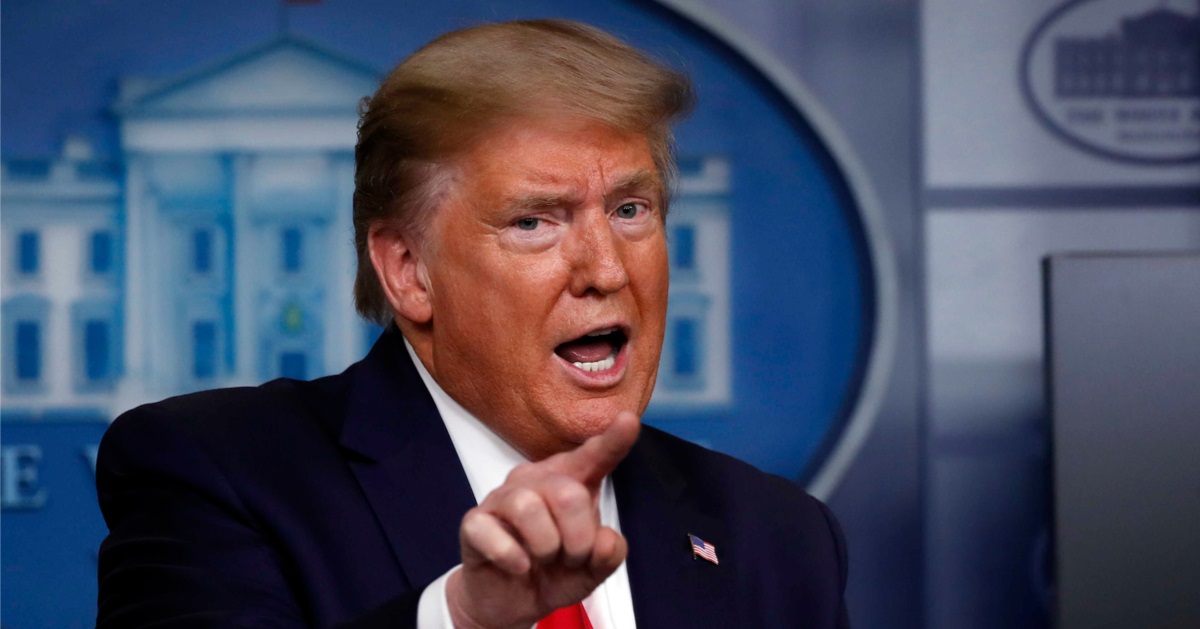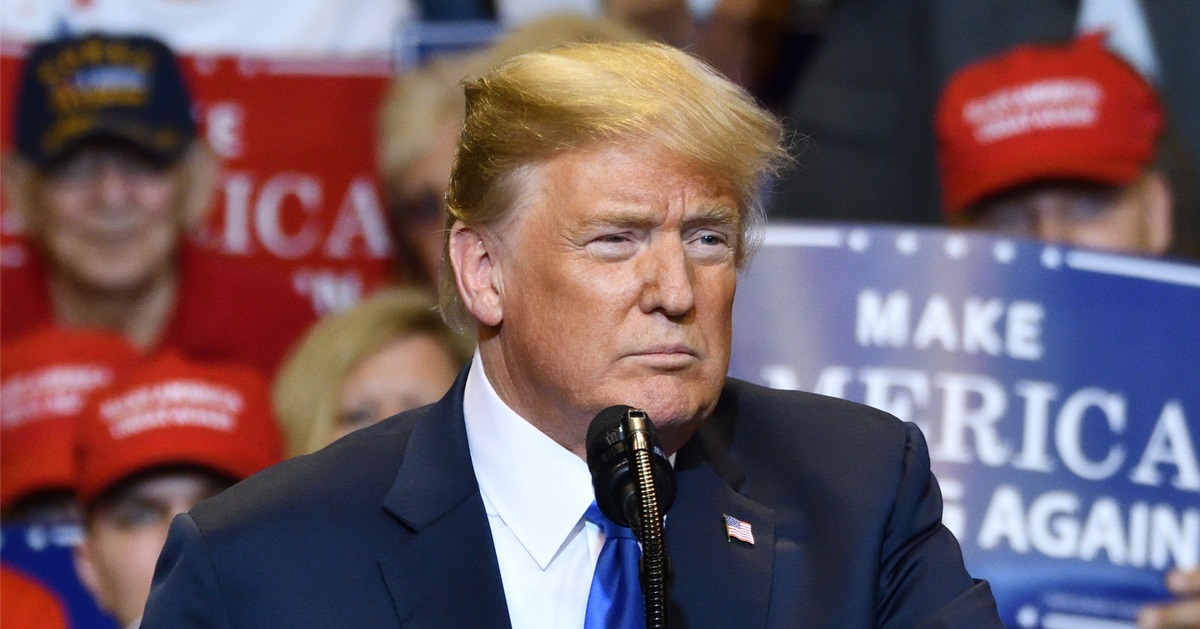Appeals court grills White House over press access
President Trump is facing some pushback from federal judges whom he appointed as his administration asserts control over press access.
The Justice Department went before an appeals court on Thursday to argue against a court injunction ordering Trump to restore the Associated Press' access to the press pool, the Washington Examiner reported. A Trump appointee, Trevor McFadden, ruled against the White House after initially declining to lift the restrictions.
The daily press pool travels with the president and covers events where space is limited, such as the Oval Office. The White House has been asserting control over the pool, blocking the AP, which provides widely disseminated global coverage, for refusing to change its style guide on the Gulf of Mexico after Trump renamed it the Gulf of America.
WH grilled over press access
The AP has alleged viewpoint discrimination under the First Amendment. Judge McFadden, a Trump appointee, agreed, ordering Trump to restore access to the wire service.
As noted by Politico, three judges on the D.C. Circuit Court of Appeals did not seem convinced that they need to intervene right away. The AP has traditionally been part of the press pool, so it's hard to argue that restoring its access would "imperil the presidency," one of the Trump judges noted.
The panel consisted of two Trump-appointed judges, Gregory Katsas and Neomi Rao, and Cornelia Pillard, an Obama appointee.
On the other hand, the Trump appointees seemed receptive to arguments about the president's autonomy. Judge Rao worried that granting the AP's request could result in courts "micromanaging" the president, while Katsas pointed to a constitutional shield against probing the president's motives.
Justice Department lawyer Eric McArthur called the issue a matter of "speech and associational rights." Reporters cannot force the president to answer their questions, the lawyer said.
“And they’re not claiming they have any right to force the president to answer their questions,” Pillard replied.
However, the DOJ said the district court's order is "not far off from a judicial decree ordering the president to answer a specific reporter’s question."
Workaround?
All three judges appeared to agree that Trump could eliminate the press pool completely, even the Obama-appointed Pillard.
“If he wants to abolish the press pool, I think he would be entitled to do that,” Pillard said.
The administration seemed to find a middle ground when it announced this week that it would terminate guaranteed pool slots for Reuters, Bloomberg, and AP. The wire services will instead be included with print publications in a new second slot.
While the new arrangement may be a "poke in the eye" for the AP, it appears to be viewpoint neutral, Katsas noted.



